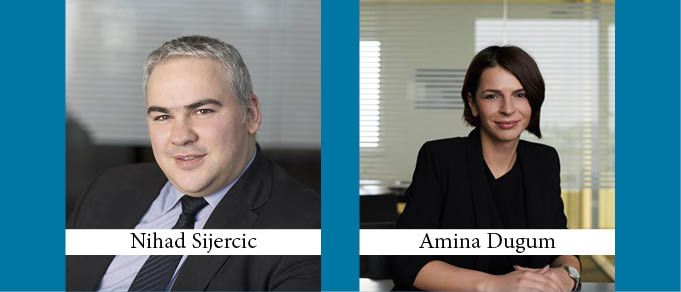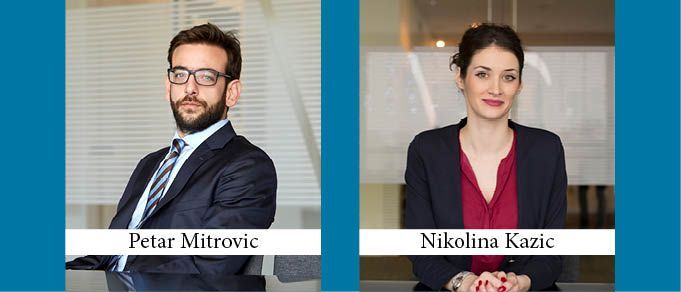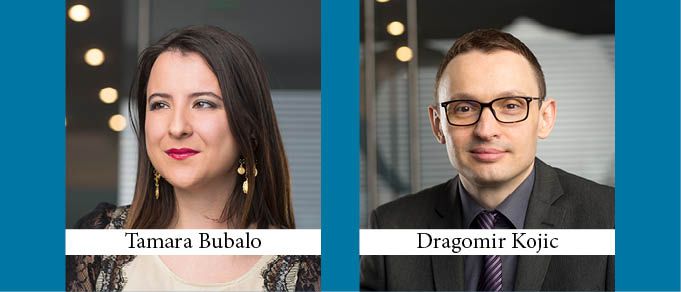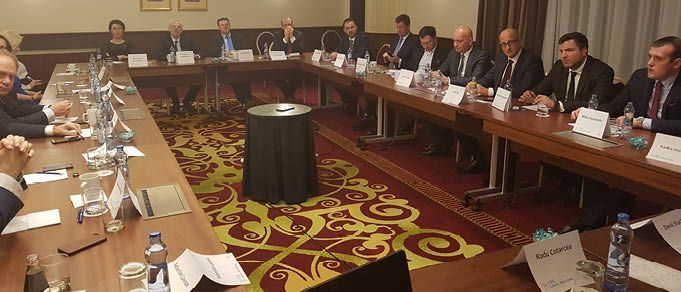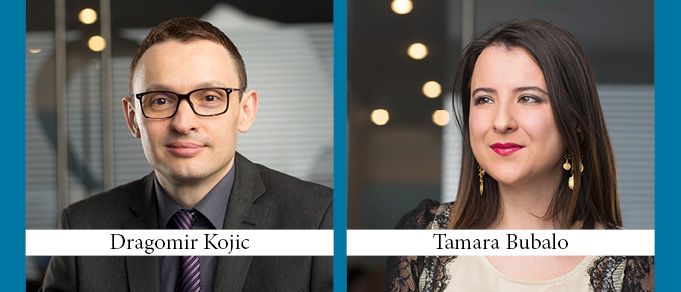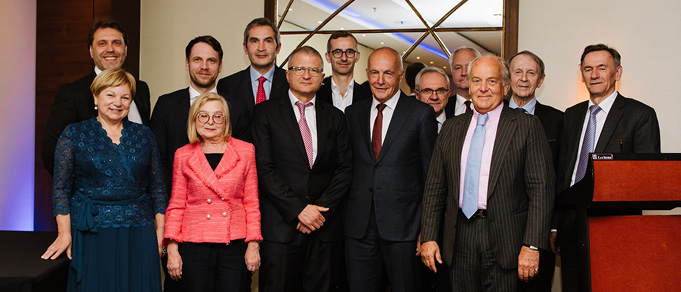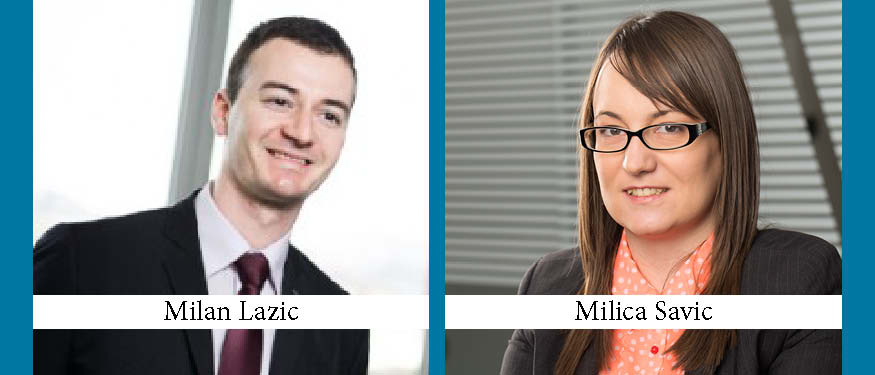The constitutional and legislative structure of Bosnia and Herzegovina (BiH) is complex since it is composed of two entities – the Republic of Srpska (RS) and the Federation of Bosnia and Herzegovina (FBiH) – and Brcko District (BD) as a separate unit, and the legislation is adopted on the state level, entity level, and – in FBiH – on the cantonal level. This means that in BiH as such there is no unified Law on PPP, but rather 12 laws on PPP. While the RS and BD adopted their PPP laws in 2013 and 2010, the FBiH drafted a Law on PPP in 2009 which remains in the adoption process. In addition, the cantons in the FBiH have their own set of PPP laws.
Expat on the Market: Interview with Patricia Gannon of Karanovic & Nikolic
Patricia Gannon is a founder and Senior Partner at Karanovic & Nikolic, where she focuses primarily on the management, business development, strategy, and expansion of the firm. Gannon qualified as a Solicitor in Ireland and after a short period working at the European Commission in Brussels she moved to Serbia and founded the firm. She is a committed advocate of corporate philanthropy, and was amongst the founding members of the Serbian Charity Forum, an umbrella forum of leading foundations in the country.
Striving Towards the Black Gold
The first upscale exploration of oil and gas in Montenegro started in 1914, when King Nikola Petrovic approved the National Assembly’s decision for oil exploration around Lake Skadar. The first well in the area of Crmnica dates back to 1922 – although it produced nothing of significance.
Geographical Indications of Origin in Serbia: Where the Past Fuels the Future
Geographical indication of origin, this very peculiar form of industrial property protection, has undergone a revival phase over the past few years, becoming omnipresent not only within natural circles of interest, but also amongst the Serbian public at large.
Electronic Documents: Will They Prevail or Exist in Parallel With Hard-Copy Documents?
In this era of digitalization, where legal frameworks around the world are rapidly changing to cope with revolutionary developments in the IT sector, the Serbian Government is following a similar path. Serbia is in the EU accession process and is thus obliged to harmonize its legislation with EU laws. One such law is EU Regulation No. 910/2014 on electronic identification and trust services for electronic transactions in the internal market (the “Relevant EU Regulation”).
The Corner Office: Associate Mistakes
In The Corner Office, we invite Managing Partners at law firms from across the region to share information about their careers, management styles, and strategies. Our question this time: “What mistake do young associates commonly make that is most frustrating for you?”
The VAT Treatment of Electronically Supplied Services in Serbia
The steady growth of the digital products market and an increasing demand for digital products required an adjustment to the Serbian VAT rules applicable to the supply of electronically supplied services (ESS), and that adjustment finally occurred in 2017. Combined with new rules on the VAT registrations of foreign suppliers, VAT obligations related to ESS became more straightforward.
Experts Gather in Prague for CEE Legal Matters’ Annual Year-End Round Table
On Thursday, November 30th, leading legal practitioners from across Central and Eastern Europe gathered in Prague to help CEE Legal Matters celebrate its fourth successful year as the leading chronicle of the legal industry in the region, participating in an expert Round Table conversation about the year just concluded and enjoying an evening of dinner, drinks, and bonhomie.
Serbia’s Intellectual Property Rights Enforcement Overview
Intellectual property infringement through the circulation and sale of counterfeit goods is still very much both a global and a local issue. As modern day counterfeiting is now acquiring more sophisticated forms involving a plethora of new and usually unsuspected goods (for example, pharmaceuticals) and with the intent of not only existing on the black markets but infiltrating into the legal market flows as well, we are faced with the need for a more aggressive approach requiring first and foremost improved legislation and subsequently more efficient enforcement activities.
Elite CEE Lawyers Gather in Warsaw for Market Makers Award Ceremony
On May 31 and June 1, 2017, CEE Legal Matters was proud to host a rare event: A gathering of those senior lawyers from each Central and Eastern European country identified by peers as being most influential, most important, most uniquely responsible for having created the country’s modern commercial legal market.
Stretching the Arbitral Clause – Tacit Consent to Arbitration under Serbian Law
An issue that has been increasingly raised in international arbitration is whether third parties can be included in arbitration without their explicit consent.

